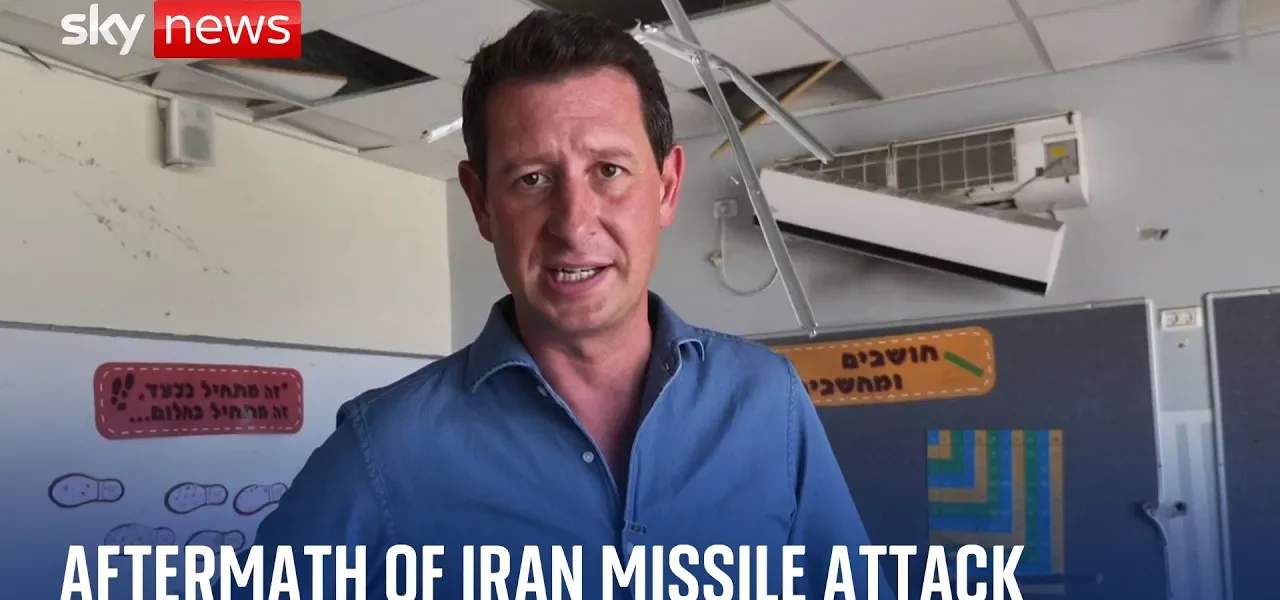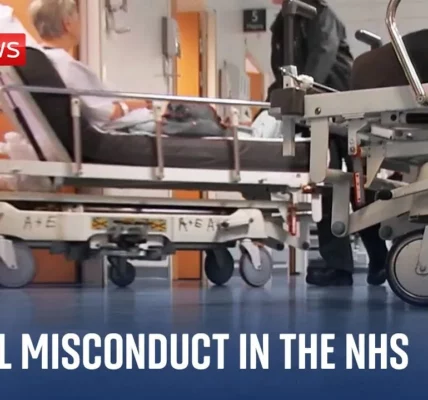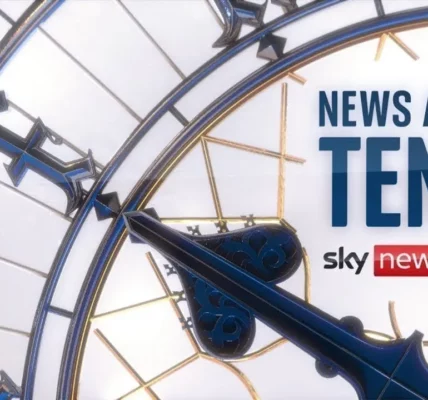Israel Vows Retaliation Following Iranian Missile Attack

In a dramatic escalation of hostilities in the Middle East, Israel has vowed to retaliate significantly after a missile attack from Iran. This article explores the unfolding situation, including responses from Israeli leadership, military actions, and the implications for regional security.
Introduction
The recent missile barrage from Iran has triggered a wave of responses from Israel, marking a critical moment in the ongoing conflict between the two nations. Prime Minister Benjamin Netanyahu has convened with security chiefs to strategize a significant retaliation, warning Iran of the grave mistake they made. This incident not only highlights the escalating tensions but also raises concerns about the potential for further military confrontations in the region.
The Missile Attack: Key Details
On the night of the missile attack, Iran reportedly launched 180 missiles targeting various locations across Israel. The assault has been characterized as the most aggressive action taken by Iran against Israel in recent years. The Israeli Defense Forces (IDF) provided details about the assault, emphasizing the extent of the attack and its implications.
Missile Launches and Targets
Footage broadcasted by Iranian state television purportedly shows the missile launches. Key details include:
- Missiles were launched towards major urban centers, including Tel Aviv and Jerusalem.
- Reports indicate missiles landing near civilian infrastructures, such as the Ion Mall in Tel Aviv and schools in the surrounding areas.
- Geolocation data has confirmed several direct hits on civilian sites, raising alarms about the potential for casualties.
Israeli Response and Military Actions
In response, Israel has ramped up its military operations, targeting Iranian positions and Hezbollah in Lebanon. The IDF has carried out airstrikes and mobilized additional troops in preparation for further escalation.
Statements from Israeli Leadership
Prime Minister Netanyahu has issued stern warnings to Iran, asserting that they will face severe consequences for their actions. Key statements include:
- “Iran made a grave mistake and will pay for it.”
- Israel’s Foreign Minister, Yizel Katz, has taken a hard stance against international figures perceived as biased against Israel.
Military Operations in Lebanon
The Israeli military has intensified operations against Hezbollah in Lebanon, with reports of casualties among Israeli troops. Significant actions include:
- Further airstrikes targeting Hezbollah positions.
- Deployment of ground troops to enhance military presence along the border.
International Reactions
The international community is closely monitoring the situation, with the United States expressing support for Israel. Key points include:
U.S. Involvement
The U.S. has pledged to work alongside Israel to ensure Iran faces significant repercussions. Defense Secretary John Healey has indicated:
- The U.S. is prepared to assist Israel in defense operations.
- Active discussions are underway regarding the potential evacuation of British nationals from Lebanon.
Global Diplomatic Efforts
Diplomatic channels are being activated in response to the crisis, with several nations calling for de-escalation and dialogue.
Conclusion
The recent missile attack from Iran and Israel’s robust response mark a dangerous escalation in a long-standing conflict. As tensions continue to rise, the potential for further military actions remains high. The international community’s response will be crucial in determining the future stability of the region. Stay informed about the developments surrounding this critical situation, and consider exploring our related articles on Middle East politics and military strategies.
“`




